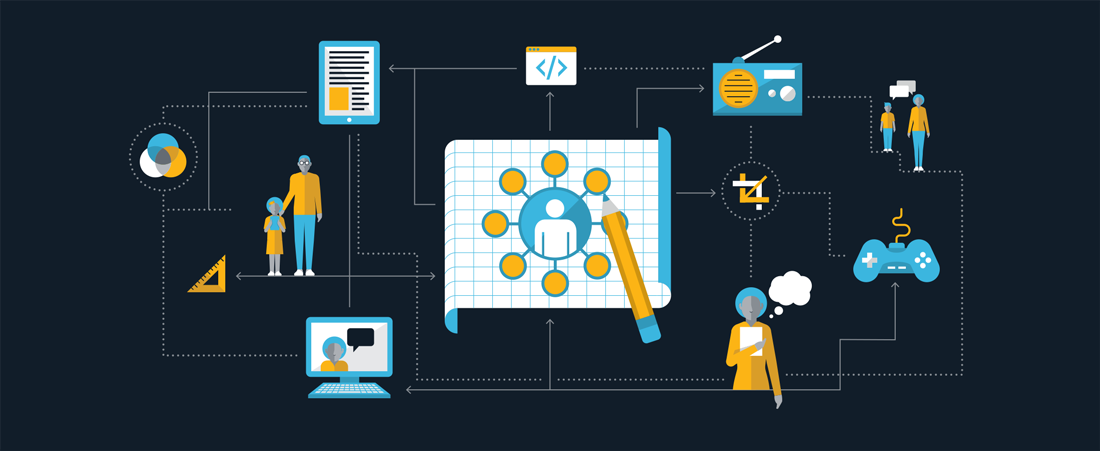
EDC’s collaborative process brings together scientists, researchers, educators, creative artists, media and technology specialists, and intended users—from young children to the elderly—to design, test, refine, and disseminate high-quality curricula, trainings, interventions, and other resources.
We create professional development and continuing education programs for busy practitioners, open-source online courses that reach hundreds of thousands of budding entrepreneurs around the world, and digital tools and applications that promote basic literacy and health.
Our work demonstrates that the best learning integrates knowledge and experience to empower individuals with critical skills and to achieve sustainable improvements in services and systems.
Learn about EDC’s work to strengthen early childhood interventions with Continuous Quality Improvement.
Resources
Seven tips to help teachers successfully engage students—including students with disabilities—in remote mathematics learning. Includes suggested projects and links to related resources.
This online toolkit supports the implementation of the Zero Suicide Initiative in health and behavioral health care settings.
Based on a popular smartphone app created by the Department of Veterans Affairs National Center for PTSD, the Web-based PTSD Coach Online offers 17 different evidence-informed tools to help individ
The USAID/Philippines, through its Basa Pilipinas program has reached over 1.8 million students from kindergarten to Grade 3, trained over 19,000 teachers and school heads, and provided over 10 mil
The authors share the findings of an EDC study that investigated whether the Child Safety Collaborative Innovation and Improvement Network framework could be applied in the field of injury and violence prevention to reduce fatalities, hospitalizations and emergency department visits among 0–19-year-olds.
This online tool provides guidance for applying the Strategic Prevention Framework process to the prevention of alcohol misuse and abuse.
A series of 14 design engineering booklets that include student and teacher guidance for implementing long-term activities, such as designing a pinball game or building a trebuchet.
Beauty and Joy of Computing is an Advanced Placement (AP) Computer Science Principles course developed by EDC and the University of California, Berkeley.
This website contains information about the Out-of-School Youth Literacy Assessment (OLA), a reading assessment administered one-on-one to youth and adults that was developed by EDC.
This toolkit helps build the capacity of teachers and leaders to use evidence-based practices, universal design for learning (UDL) principles, and technology to improve student engagement, motivati